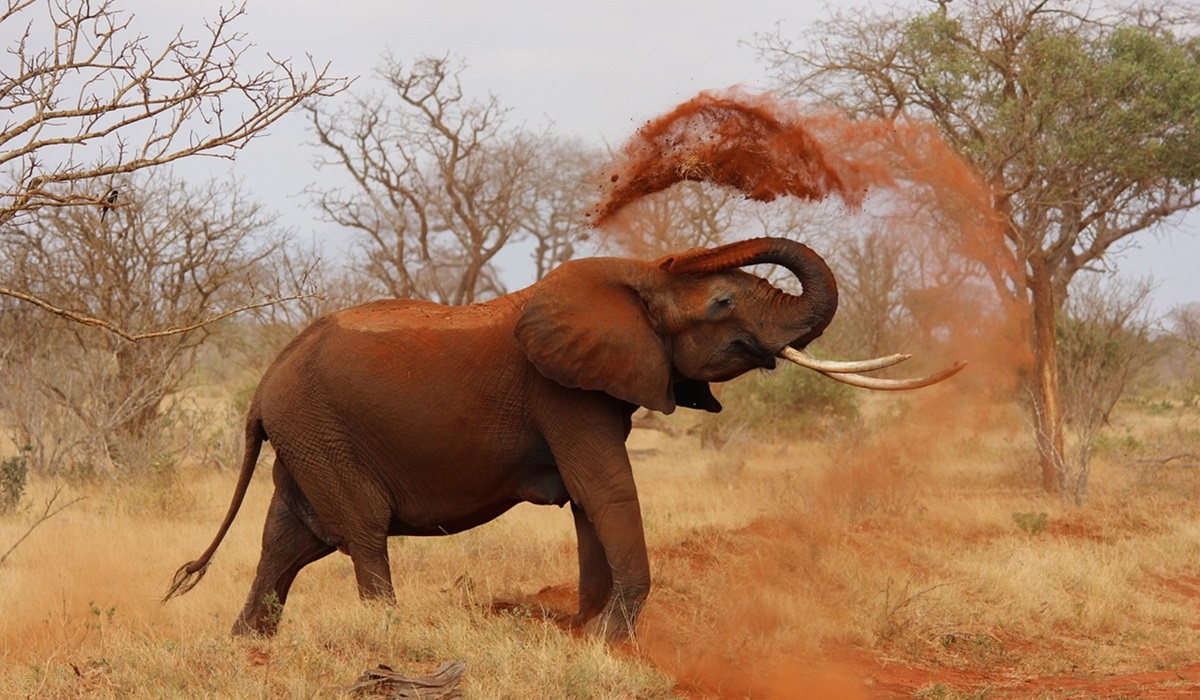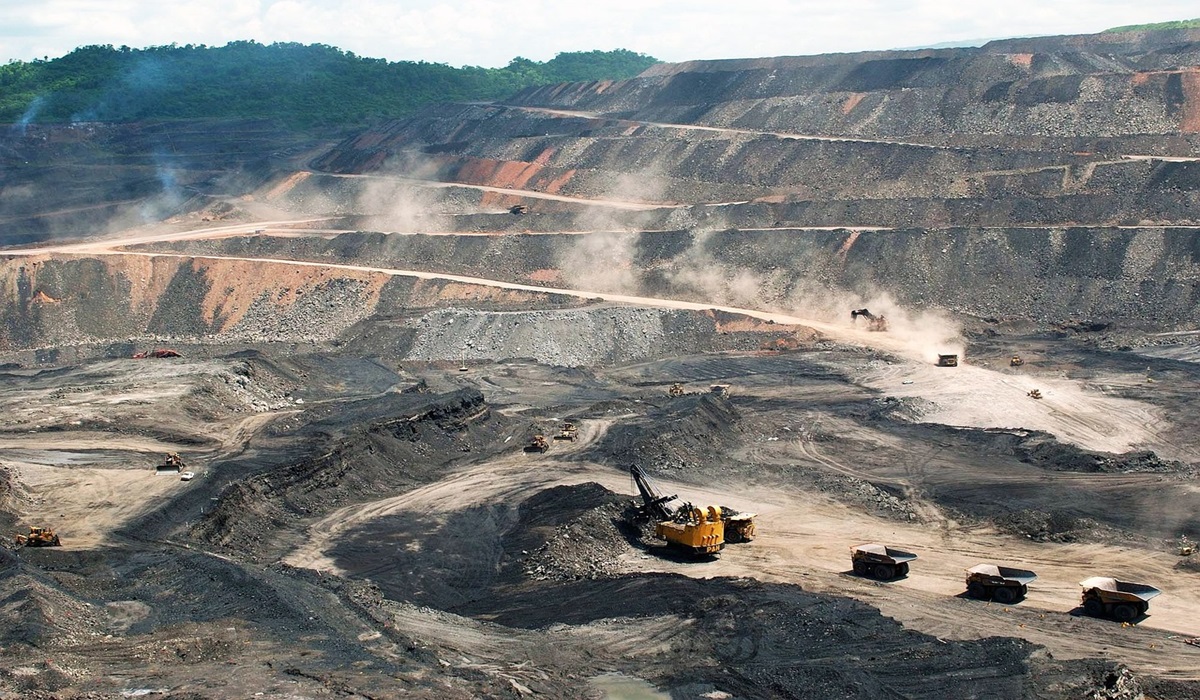World Elephant Day: Celebrating Nature’s Gardeners and Climate Warriors
- Ingrid Jones
- Climate Change
- August 12, 2024

Image Credit, Kirsi Kataniemi
On World Elephant Day, we celebrate these magnificent creatures, whose presence is vital to the health of our planet. Elephants play a crucial role in maintaining the ecosystems they inhabit, acting as natural gardeners of the forests and savannas. Through their daily activities, elephants contribute to climate change mitigation and the overall health of their environment.
One of the most remarkable ways elephants protect their surroundings is by spreading seeds. As they roam vast distances, they consume a wide variety of plants, fruits, and seeds, which pass through their digestive systems. The seeds are then deposited across the landscape in elephant dung, ready to germinate and grow into new plants. This natural process of seed dispersal ensures the growth and regeneration of forests and grasslands, contributing to biodiversity and the carbon cycle.
Elephant dung itself is an excellent form of fertilizer. Rich in nutrients, it enriches the soil and helps plants thrive. The organic matter in the dung improves soil structure, enhances water retention, and promotes the growth of healthy vegetation. In turn, this supports other wildlife species and helps combat soil erosion, a growing concern in many parts of the world.
As climate change continues to threaten ecosystems globally, the role of elephants in maintaining and restoring habitats becomes even more critical. By protecting these gentle giants, we are not only preserving an iconic species but also safeguarding the delicate balance of nature that supports life on Earth.
On this World Elephant Day, let us recognize the vital contributions elephants make to our environment and commit to protecting them and their habitats for future generations. Their survival is intricately linked to the health of our planet, and by ensuring their well-being, we also take a step toward mitigating climate change and preserving the natural world.








